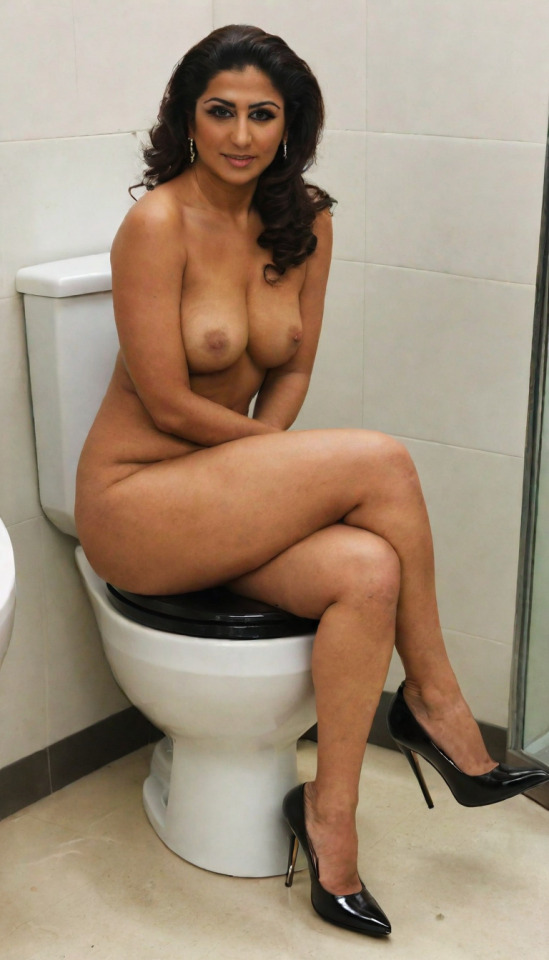#Middle eastern
Text
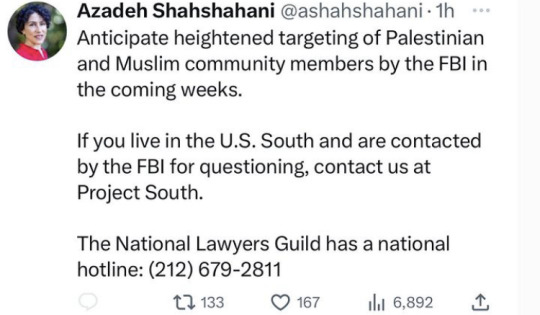
id:
a tweet by azadeh shahshahani (@ashahshahani) that says, "anticipate heightened targeting of palestinian and muslim community members by the fbi in the coming weeks.
if you live in the u.s. south and are contacted by the fbi for questioning, contact us at project south.
the national lawyers guild has a national hotline: (212) 679-2811"
end id.
#palestine#project south#national lawyers guild#muslim#muslim american#mena#south asian#middle east and north africa#middle eastern#north african#sikh#sikhism#american south#us south
6K notes
·
View notes
Text
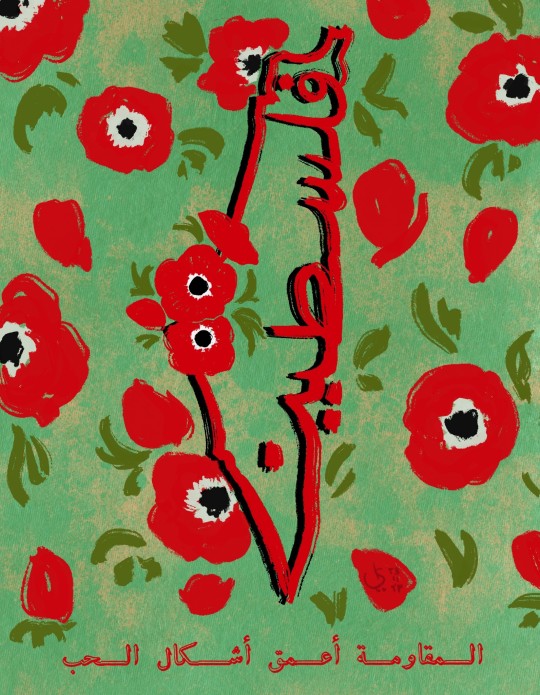
Resistance is the deepest form of love
- Areej Kaoud
#art#digital art#artists on tumblr#digital drawing#palestine#nature#flower#floral#poppy#gaza#free gaza#free palestine#calligraphy#green#red#middle eastern#mediterranean
5K notes
·
View notes
Link
In a new Longreads essay, Arkansas writer Jordan P. Hickey writes about a Palestinian American chef who honors her family's roots and culinary traditions through her pop-up bakery and cooking classes
And while these aren’t the most complex dishes to grace the text thread, they are the most remarkable, the most joyful, because they are the most improbable. They’re celebrated not because they’re beautiful, but because it means the family ate well that day—because they made something out of nothing.
Read Jordan’s essay, “The Expanding Table: Honoring Palestinian Culinary Tradition in Arkansas,” on Longreads.
#longreads#reading#food#baking#cooking#dessert#middle eastern#palestinian#gaza#arkansas#chef#longform#essay
2K notes
·
View notes
Text
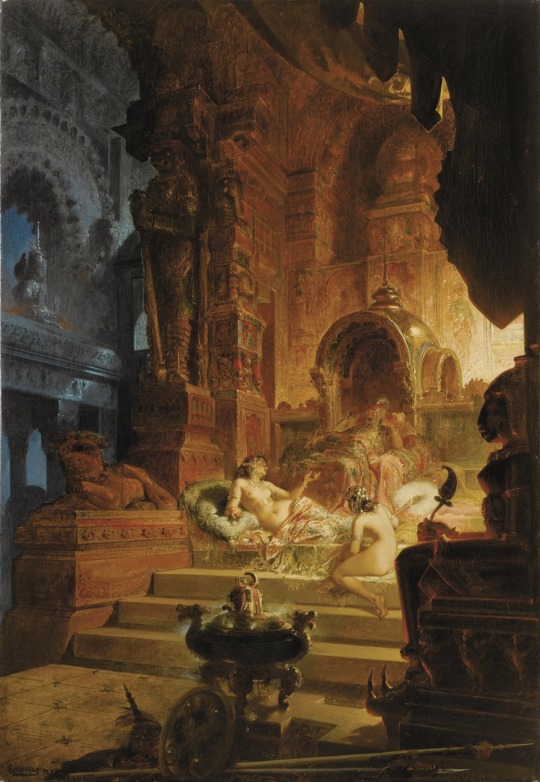
Scheherazade and the Sultan by Alfred Choubrac
#alfred choubrac#scheherazade#sultan#art#oriental#one thousand and one nights#arabian nights#middle east#middle eastern#persia#persian#palace#architecture#tales#storyteller#king#queen#1001 nights#folk tales#beautiful#beauty#women#woman#beauties
177 notes
·
View notes
Text
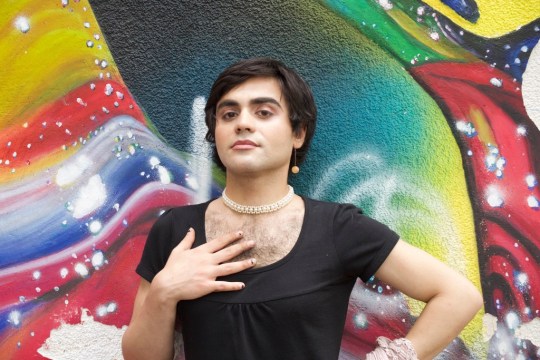
Amina Maher
Gender: Transgender woman
Sexuality: Queer
DOB: 5 March 1992
Ethnicity: Iranian
Occupation: Director, activist, actress, writer, screenwriter
#Amina Maher#lgbt#lgbtq#qpoc#lgbt+#transgender#trans woman#queer#1992#poc#iranian#asian#middle eastern#director#activist#actor#writer#screenwriter#popular#popular post
175 notes
·
View notes
Text
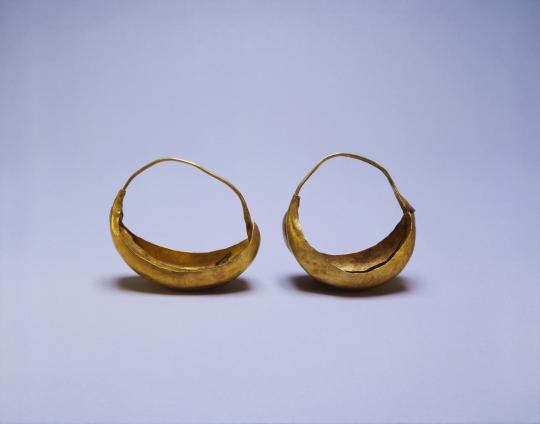
~ Earrings
Place of origin: Ur, Iraq
Period: Early Dynastic III
Date: 2600-2450 B.C.
Materials: Gold
#ancient#ancient art#history#museum#archeology#archaeology#ancient history#middle east#middle eastern#iraq#ur#ancient jewelry#earrings#gold#early dynastic III#2600 b.c.#2450 b.c.
616 notes
·
View notes
Text




Images of Jerry Habibi, Persian and Iranian-American Actor who portrays Abbas in Sony’s ‘The Persian Version’.
#jerry habibi#the persian version#sony pictures classics#persian#iranian#middle east#swanasource#middle eastern#gold#entertainment#corey myers#sundance film festival#prince of persia#habibi#male beauty#masculine#jock#nose#vintage men#beautiful men
195 notes
·
View notes
Text

Auction sale !
Adoptable Dragon 2 of 6: B. Water
if interested in purchasing please visit the corresponding twitter post to comment your bid over there!:
Kavdragun 🇲🇹 🐉 ✤ Commissions Open ✤ (@KavDragun) / X (twitter.com)
Starting bid is €120
Auto buy is €500
Bid increment is + €5
If anyone has any questions feel free to DM me
#dragon#dragoness#middle eastern#asian dragon#adoptable#adopt#oc adopt#auction#art#art auction#character design#art for sale#anthro#anthropomorphic#bidding
133 notes
·
View notes
Text
Boyah
Boyah (plural: Boyat) was subcultural identity of AFAB non-binary,tomboy,demi girl & trans-masculine folks of Persian Gulf. Boyat are asigned female at birth,but express gender atypical behaviour. The origin of this queer subculture is unclear, some boyat claimed that it was started through online forums & groups. [citation needed]
Boyah subculture was more visible in Gulf states (including Kuwait,Oman,Saudi Arabia,UAE,Bahrain). Boyah identity may fall under the modern Transgender and Non-binary umbrella. However some people may considered them as people of forth gender.
Sexuality
Boyat folk's sexuality can be confusing in various cultural contexts. Most of the Boyat had intimate and romantic relationships with cis-girls in their past life, but they do not consider themselves as homosexual.
The term Boyah itself does not mean lesbian in arabic.In later life many Boyat had to pursue a heterosexual marriage & had children.Because marriage is a obligatory in local arabic customs.In addition to this, some boyah were androsexual & interested in boys only.
Culture & Lifestyle
Trans-masculine/tomboys/AFAB non-binary/AFAB genderpunk took the “Boyah” cultural identity in their early adolescence. On the otherhand, some boyat took the male role to challenge societal gender norms and stereotypes in Arabic Gulf States.
In general, a boyah is characterized by no make-up, no feminine expressions, no feminine name,feminine pronouns.In boyah subculture, Boyat community may use a massive masculine watches.Boyat people worn loose-fitting male cloth with a touch of the military, vibrantly coloured dresses,shirts and boyah jeans(which are baggy with big prints all over them). Since the age of internet Arab's boyat community started informal groups,online forums.
Most of the boyat have to lead double lives because gulf states has strict cultural gender roles especially for womxn.Many of them are forced to get married.In general Boyah phenomena is considered a disgrace to an arab family's honour.Additionally atypical gender expression is seems to be indecent and deviant in GCC states.Many boyat face stigma for not adhering with rigid patriarchal gender roles.
After leaving home, many undergo a radical transformation,changing their clothes at school/college or a friend's house.While in transition ,they run no real risk of being caught because,while in public, Emirates women are required to wear the national dress - a long black over-garment called an abaya, which makes it easier to switch roles without drawing attention.
Media
In general, Gulf media portrays queerness in negetive ways. A Boyah named Abeer appeared on the Saudi TV Show “Ya Hala” where he/ze said that he/ze was attracted to women while still at school. He/Ze had a complete love relationship with a classmate for a long time. Another person named Hamood joined a show of Radio Sawa where he/ze explained ze was rebelling against social (gender) norms and his/zee family’s restrictions through this boyah phenomena.
On a national television of UAE, a boyah named Bandar openly spoke about his queer relationship with another girl and expressed the desire to marry her and have children with her through IVF. His statement on Abu Dhabi's national television shocked the whole nation.
Decline of Boyah Culture
In the Persian Gulf region, boyah identity became very controversial since 2007. In 2007, the Kuwaiti parliament amended Article 198 of the country’s penal code so that anyone “imitating the opposite sex in any way” could face up to a year in jail and/or a fine of 1,000 dinars ($3,500). A further problem was that the law made no attempt to define “imitating the opposite sex” So it was basically left to the discretion of the police. Within a couple of weeks at least 14 people had been arrested in Kuwait City & thrown into prison. Boyat made their debut as a public concern in 2008 when Dubai police denounced cross-dressing - its chief, Dahi Khalfan Tamim, called on the Ministry of Social Affairs to find out how widespread the practice is and what causes it.
In 2009, Dubai launched a public campaign under the slogan "Excuse Me, I am a Girl", which cautioned against “masculine” behaviour among AFAB queers & tomboys and aimed to steer them towards "femininity". The impetus for this was a moral panic which swept through several Gulf states at that time, regarding the Boyah phenomena. 2 months after announcing the campaign the police persecuted 40 people (for their gender atypical expression), imprisoned them for 3 years in jail.In addition, trans-masculine/trans males,trans women,gender-queers were also shamed & abused by the UAE's police team.
Public Attitudes
Many conservative patriarchal arab people see a greater danger in the Boyah subcultural practices; they fear it can become permanent and cause great distress for the women and their families.
Psychiatrist Yousef Abou Allaban says, "It can go extreme, where they change their sex and have an operation.'' Saudi journalist Yousef Al-Qafari said in an interview on Radio Sawa that family disintegration and lack of true love have led women to act like a man. Al-Qafari said education was the best way to tackle this phenomenon.He called on the Ministry of Education to take up this role.
Social worker Nadia Naseer said, “Families play an essential role in such cases. Families should monitor their female members, especially when they start acting like men by cutting their hair short, wearing men’s clothing, or refusing to wear women’s accessories”. She also said, when a girl or woman does this,she is looking for attention & sending a message that she is a boyah.
Saudi writer Randa Alsheikh, in one of her columns, said that she attended a social gathering where she saw a group of females who appeared almost completely like men.“I would not be exaggerating if I say I could not tell the difference between them and men,” she wrote.She said that they looked, talked and walked like men & “even worse” some appeared to be in their 40s. We need to quickly address this phenomenon to contain these girls so that they are able to build good families and a healthy society,”
#Boyah#Booyah#Boyat#arabic#GCC#Persian Gulf#queer#trans masculine#genderqueer#gender variance#AFAB#Middle Eastern#queer culture#cultural gender identity
249 notes
·
View notes
Text
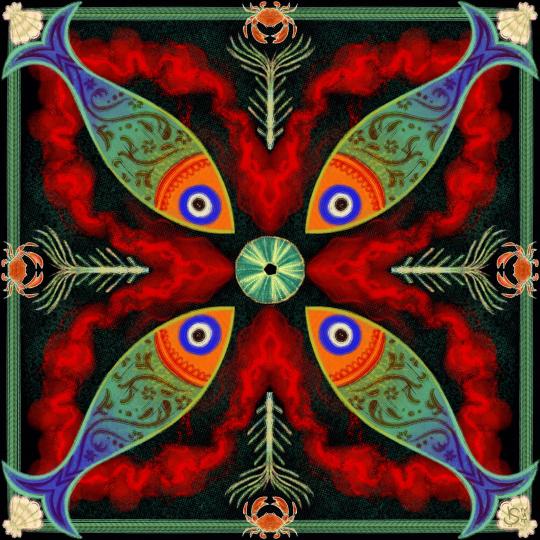
The Fisherwoman's Seal
animated version
394 notes
·
View notes
Text

100 notes
·
View notes
Text
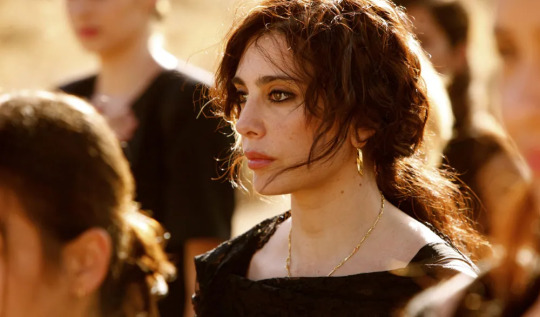

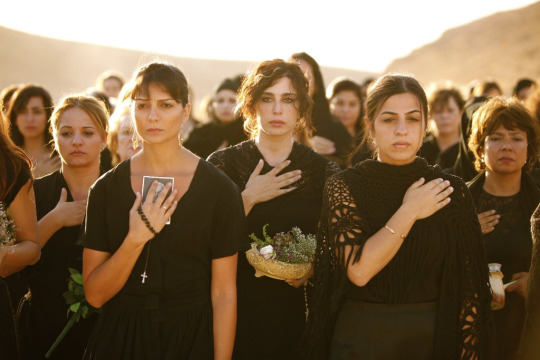
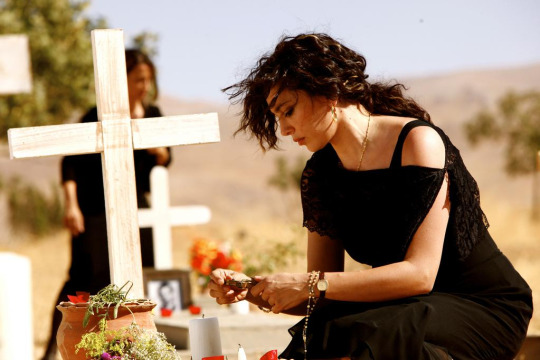
WHERE DO WE GO NOW? | Et maintenant on va où? | وهلأ لوين (dir. Nadine Labaki, 2011)
#where do we go now#nadine labaki#cinema#actors#film stills#movie stills#films#lebanon#lebanese#2011 movies#middle eastern cinema#middle eastern
46 notes
·
View notes
Text

Show me the moneyyyyy
#jerry maguire#show me the money#pretty#latina#cubana#middle eastern#sexy content#sexy chick#sexy tease#long hair#beautiful
61 notes
·
View notes
Photo
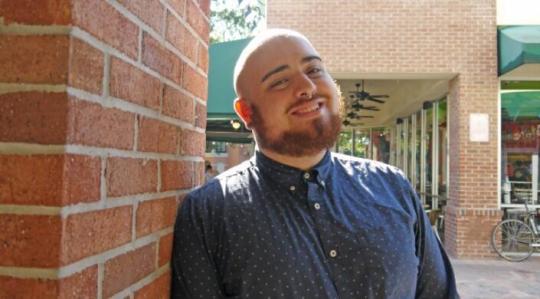
George Abraham
Gender: Non binary (they/he)
Sexuality: Queer
DOB: N/A
Ethnicity: Palestinian
Nationality: American
Occupation: Poet, writer
#George Abraham#nb#lgbt#lgbtq#lgbt people#non binary#queer#Palestinian#middle eastern#asian#poc#writer#poet
167 notes
·
View notes
Text
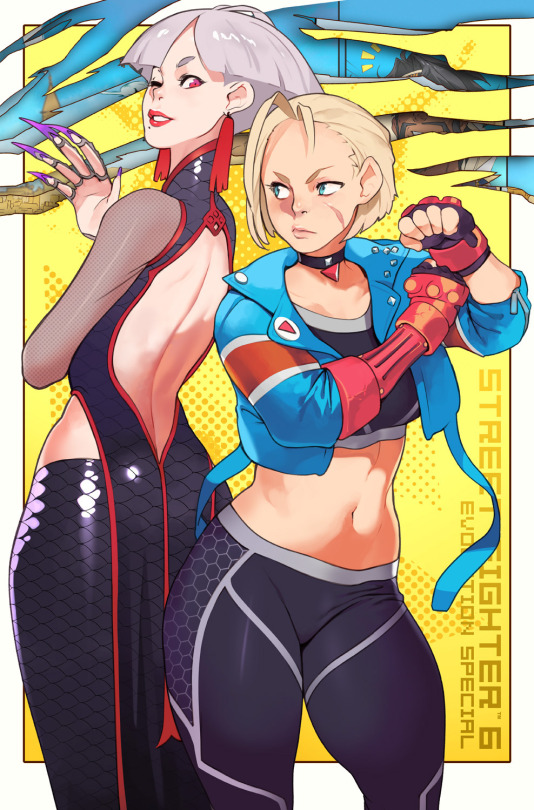
Variant cover by Norasuko
#Norasuko#Official art#SF6#Street fighter series#capcom#street fighter 6#Cammy White#British#A.K.I.#Chinese#DLC characters#Variant cover#Rashid#Middle Eastern
93 notes
·
View notes
